
Identify Your PMS-Type and Kiss Your Symptoms Goodbye
When you feel your best, you can best fulfill your unique life’s purpose. And since the world needs your contribution, it’s important that you feel vibrant and well all month long, regardless of which phase of your cycle you’re in.
Ayurveda and Your Menstrual Cycle
In Ayurveda, the phases of your menstrual cycle are characterized by the three doshas (vata, pitta, and kapha, each representing a unique combination of the five elements). During the time of your ovulation until the time you begin bleeding, the vata (ether/air) dosha can become imbalanced, which contributes to why many of us feel deep, achy cramps before our cycles begin. When you’re on your moon and bleeding, the pitta (fire) dosha can become imbalanced, often causing sharp cramps. When your moon ends, the kapha (water/earth) dosha becomes dominant, which contributes to the sluggish feeling many of us feel after our cycle is over. Kapha dominates until ovulation, when vata once again takes the reigns.
Yet while these phases and their associated elements are present in your body all month long, you need not experience discomfort as a result of their imbalance. Your body is a miraculous temple in which these elements naturally co-exist, always responding to the natural order and elements around you. As a conscious woman, you have the opportunity to tune in to your unique experience, as well as the elements within and around you, to bring yourself into balance, ensuring you feel light, radiant and powerful throughout your entire cycle.
Consider how you feel during the vata time of your cycle, the 5-14 days leading up to your moon cycle flow. This is a time of complex physical and emotional transformation on a subtle level, and, without some intention on bringing the elements into balance, you may feel quite a bit of discomfort. Many know this discomfort as pre-menstrual syndrome (PMS).
The varying symptoms that show up during pre-menstrual syndrome are also related to how these elements – the doshas – manifest in your body. In other words, some symptoms of PMS are related to a vata imbalance, some to a pitta imbalance, and some to a kapha imbalance. By paying attention to the nuances of how you feel in the days leading up to your moon time, you can determine which elements are out of balance, and work to bring them back in to harmony within your body. The result is a more comfortable pre-menstrual time and a more easeful cycle.
Identify Your PMS-Type and How to Avoid PMS Symptoms
Take a look below to see which of the following doshic imbalances are most closely aligned with your experience in the 5-14 days leading up to your moon cycle. Once you’ve determined the one that feels aligned, you’ll discover a few simple updates to your lifestyle that will help you to avoid pre-menstrual discomfort before it even begins.
If you experience: Bloating, constipation, low back pain, insomnia, dizziness or cravings for sweets
These are all signs that your discomfort is caused by an imbalance of vata, which is governed by the elements of ether and air. Some of the qualities of vata include dry, cold, rough, and mobile, so in general, you can treat vata-type PMS with anything that is the opposite, including things that are warm, smooth and grounding.
Avoid vata-type PMS symptoms by incorporating these suggestions all month long:
-
Stay warm. In hot months, steer clear of air conditioning and cool pools. In colder months, be sure to bundle up when you go outside. Curl up by the fire with a warm blanket or a hot water bottle and relax!
-
Slow down. Since vata has the ungrounded energy of wind, it’s important to protect yourself from over-stimulation by taking some more time for yourself. Choose to stay in, read or meditate to calm your system down.
-
Give yourself a soothing, nurturing massage with a warming oil such as sesame oil
-
Eat warm and grounding foods such as hearty soups, casserole or the Ayurvedic staple food known as kitchari
-
Include the following tastes in your diet: sweet, sour, salty (but be careful not to use this as an excuse to eat processed foods!)
-
Get very gentle physical exercise through movement such as yoga, tai chi, or walking
If you experience: irritability, feeling judgmental or critical, headaches, nausea, sensitive breasts, acne or heartburn
These are all signs that your discomfort is caused by an imbalance of pitta, which is governed by the fire element. Some of the qualities of pitta include hot, sharp, oily and light, so in general, you can treat pitta-type PMS with anything that is the opposite, including things that are cooling and grounding.
Avoid pitta-type PMS symptoms by incorporating these suggestions all month long:
-
Stay cool. Do your best to keep your core temperature down. In the summer, spritz yourself with rose water to cool off.
-
Focus on calming activities and give yourself permission to rest
-
Support your liver by eating plenty of lime, daikon radish, leafy green vegetables and turmeric
-
Stabilize your blood sugar by focusing on eating foods with a low glycemic index, including vegetables, legumes, whole grains, nuts and seeds.
-
Eat plenty of foods with the bitter taste, including leafy greens such as kale, dandelion greens, collard greens, dark chocolate and pitta-pacifying spices like cumin, neem leaves, and saffron.
-
Reduce excess estrogen in your system by avoiding phytoestrogens, which are found most notably in flaxseeds and soy products.
-
Do calming physical exercise, such as yoga, swimming, tai chi, or walking.
-
Spend time in the cooling light of the moon as well as near bodies of water, as these are both very soothing to the fire element of pitta.
If you experience: water retention, bloating, swollen breasts, depression, fatigue or cravings for coffee and salt
These are all signs that your discomfort is caused by an imbalance of kapha, which is governed by the water and earth elements. Some of the qualities of kapha include cold, slow, heavy and oily, so in general, you can treat kapha-type PMS with anything that is the opposite, including things that are warming and activating.
Avoid kapha-type PMS symptoms by incorporating these suggestions all month long:
-
Be sure to practice some kind of movement every day throughout the month. A form of movement could include talking a brisk walk or hike, doing a series of yoga poses in your living room, or playing with a child.
-
Kapha needs the stimulation of more vigorous movement as well to keep it in balance. At least twice per week, get some form of more vigorous exercise like dancing, jogging or going on a bike ride.
-
To stimulate and activate your system from the inside, drink 8 oz of warm water with a ½ teaspoon dry ginger and a lemon wedge every morning.
-
Focus on eating foods that include the pungent (spicy), bitter and astringent and tastes. To include pungent in your diet, eat garlic, radishes and chilies. To include bitter in your diet, eat kale and dark chocolate. To include astringent in your diet, eat more apples, cranberries, pomegranates and artichokes.
-
Avoid foods that cause build up of kapha-toxins (phlegm) in the body. The primary culprits here are gluten and dairy, which, if you tend toward kapha imbalance, likely don’t make you feel great anyway.
Finally, to round out your monthly self care routine, incorporate these basic suggestions. When you combine these with your dosha-specific self care above, you’ll be feeling vibrant and activated from the beginning until the end of your cycle.
-
Sip plain hot water frequently throughout the day. This helps the body digest & eliminate toxins (called ama in Ayurveda) so that your internal balance can be continually restored and maintained. When you rid the body of toxins throughout the month, your body is not overloaded with the task of eliminating toxins during your menstrual time, allowing it to do its work of clearing and cleansing your uterine lining more effectively.
-
Get enough rest on a regular basis. The ideal time to go to sleep is between 9 and 10 pm, and to spend some time winding down in calm environment free of electronics for at least 30 minutes beforehand. Aim to get at least 7 hours of sleep each night, as the mid night hours are the time in which your body does the most detoxification work.
-
Use herbs that nourish and support the female reproductive system such as dong quai, nettle, oatstraw, and raspberry leaf. The Vibrant Souls Vibrant Woman Tonic herbal infusion is a delicious way to incorporate these herbs into your routine, and is specially formulated to help you feel your best all month long by relieving uterine congestion, preventing menstrual cramps, and toning your reproductive system.
We don’t all experience PMS in the same way, and in fact, our experiences can be quite different based on how the elements are organized uniquely in our bodies. By tuning in and noticing how they manifest in your own temple, you can easily implement the nuanced self care that works best for you. When you do, you’ll feel your radiance surge, and with it, your creativity, your inspiration and your ability to make waves in the world.
p class="p1">Sierra Brashear, MA is a Certified Ayurvedic Practitioner, DONA-trained doula, herbal alchemist, wellness educator and founder of Vibrant Souls yoni steams. Inspired by the rhythms and elements of nature, Sierra weaves her knowledge of Ayurveda into the products and lifestyle design programs she offers. She invites you to join her 16-week program, The Art of Fertility | Journey to Conception — to clear toxins and nourish your mind and body in preparation for an easeful conception and healthy pregnancy. Sierra is also co-founder of Cultivate Balance and Moon Bath, and lives in Boulder, Colorado.


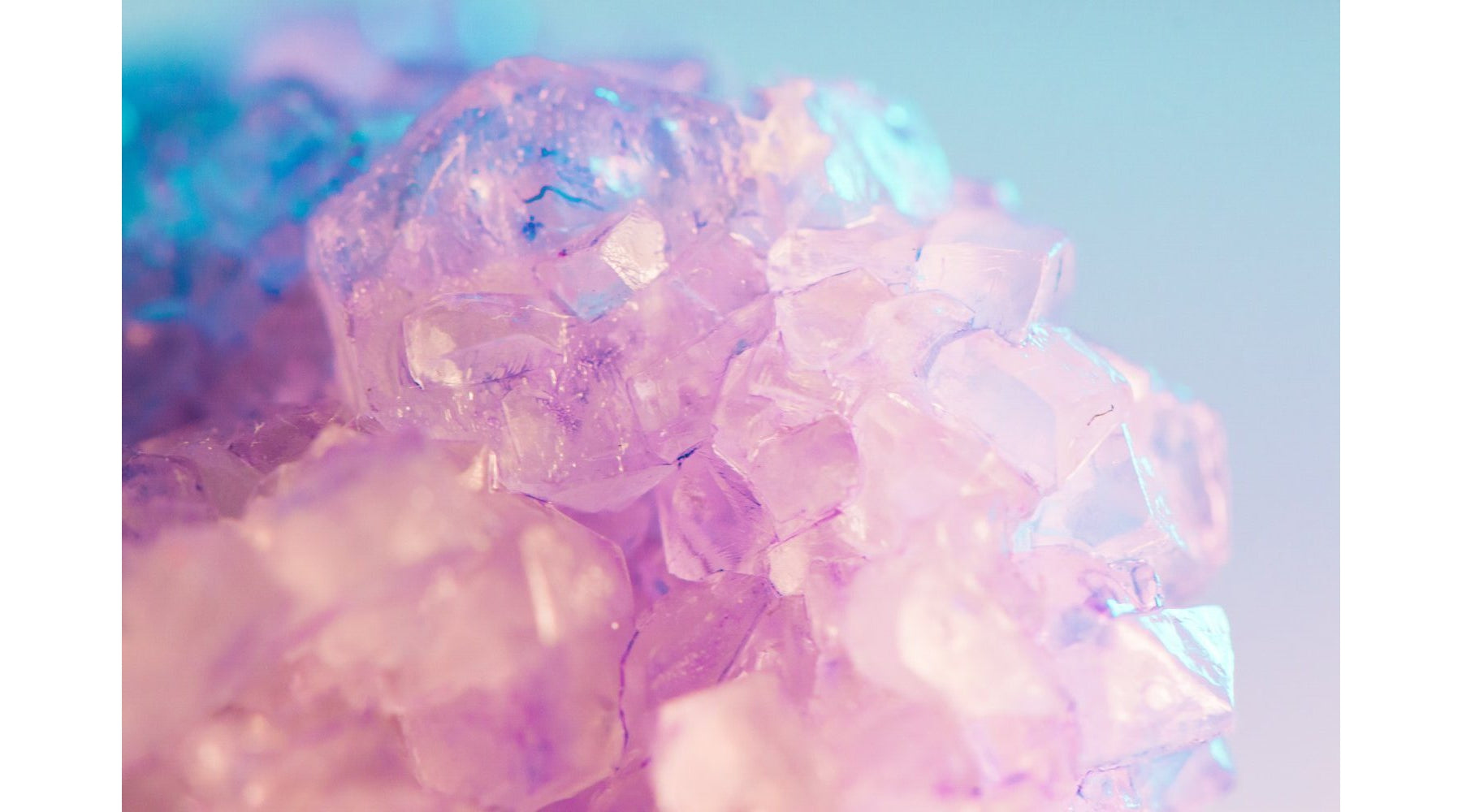
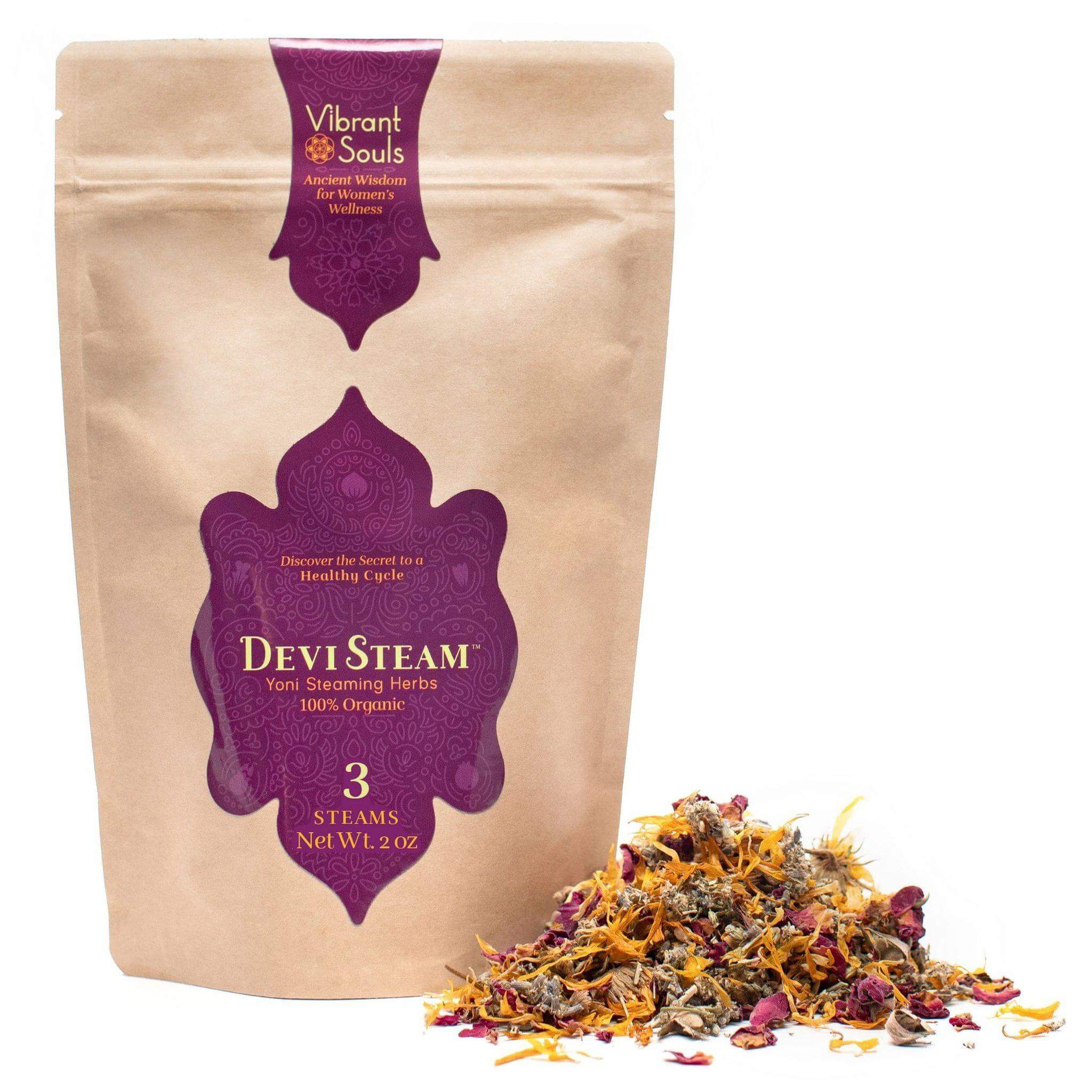
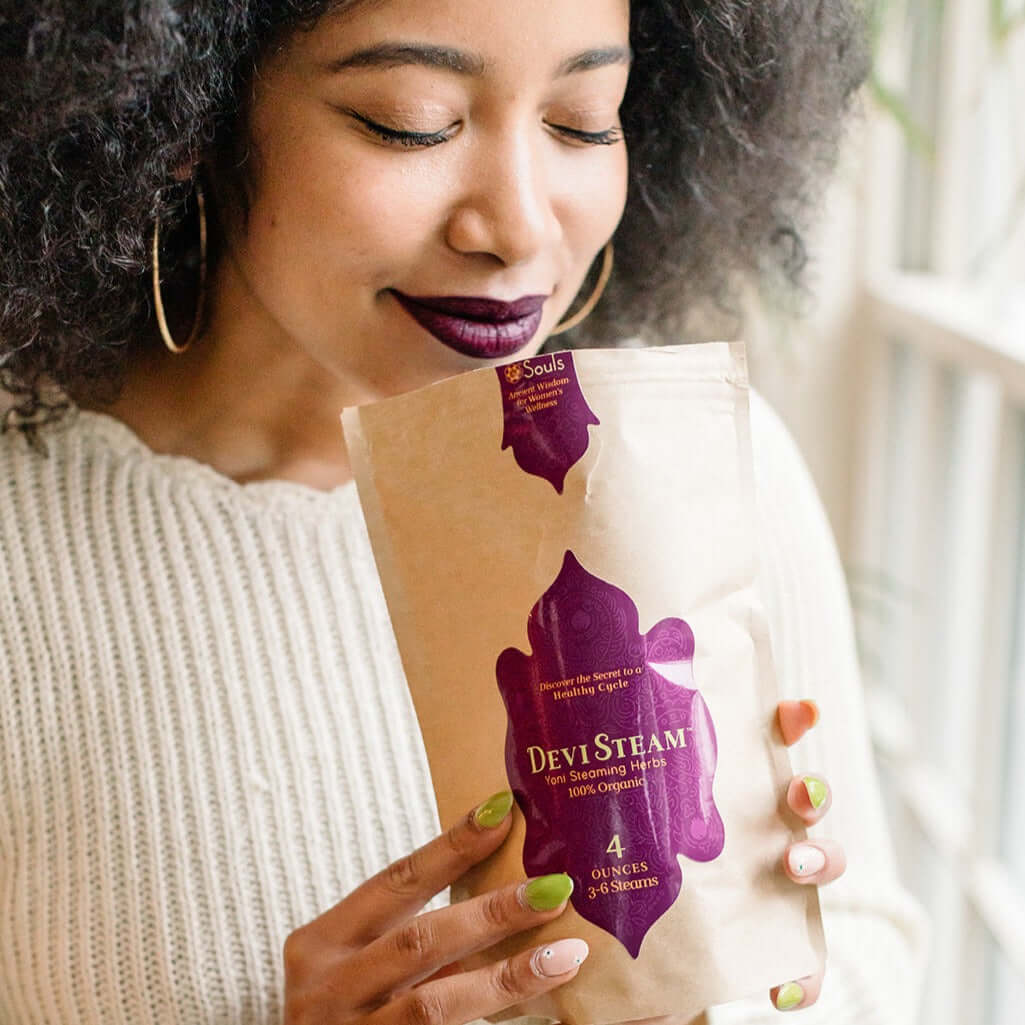



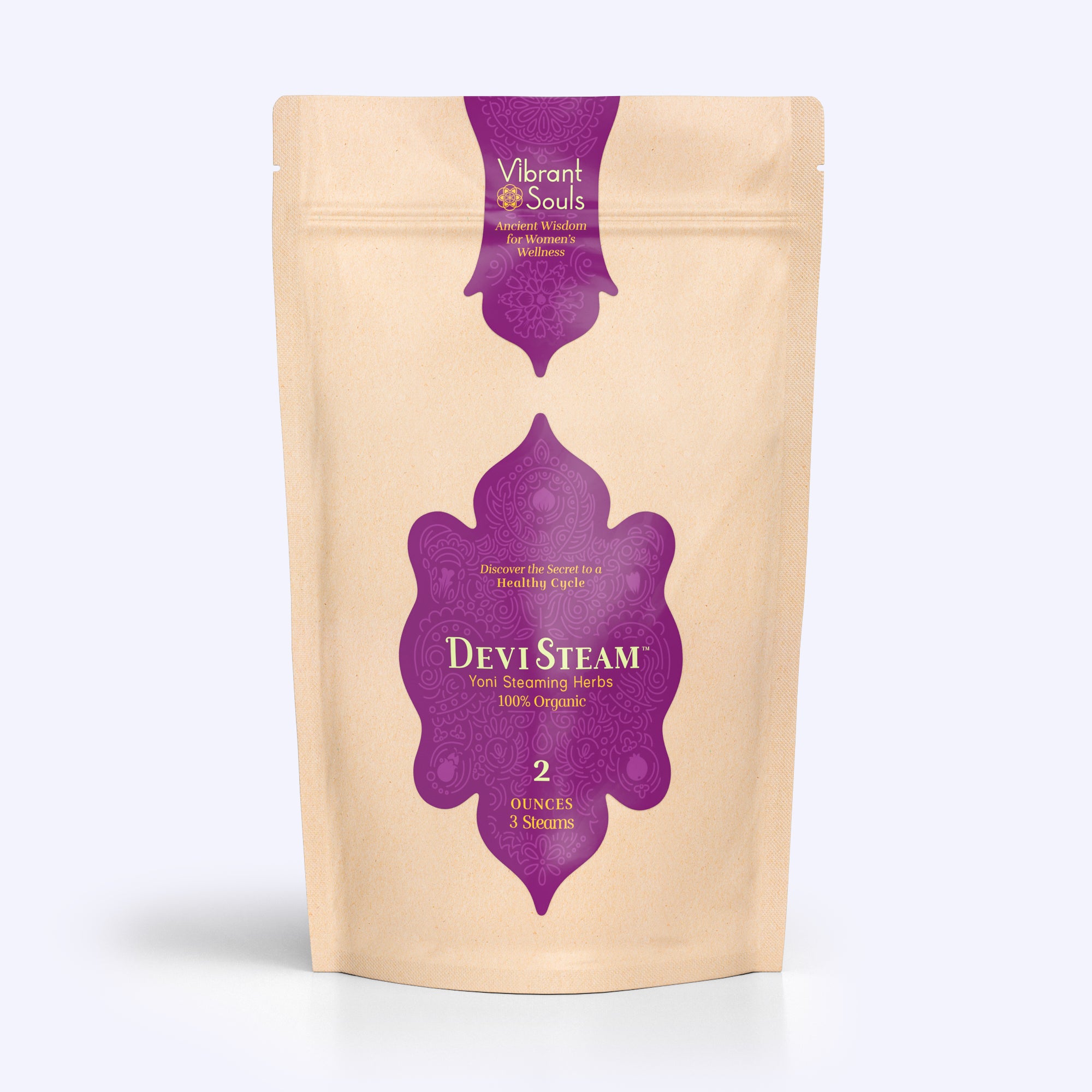
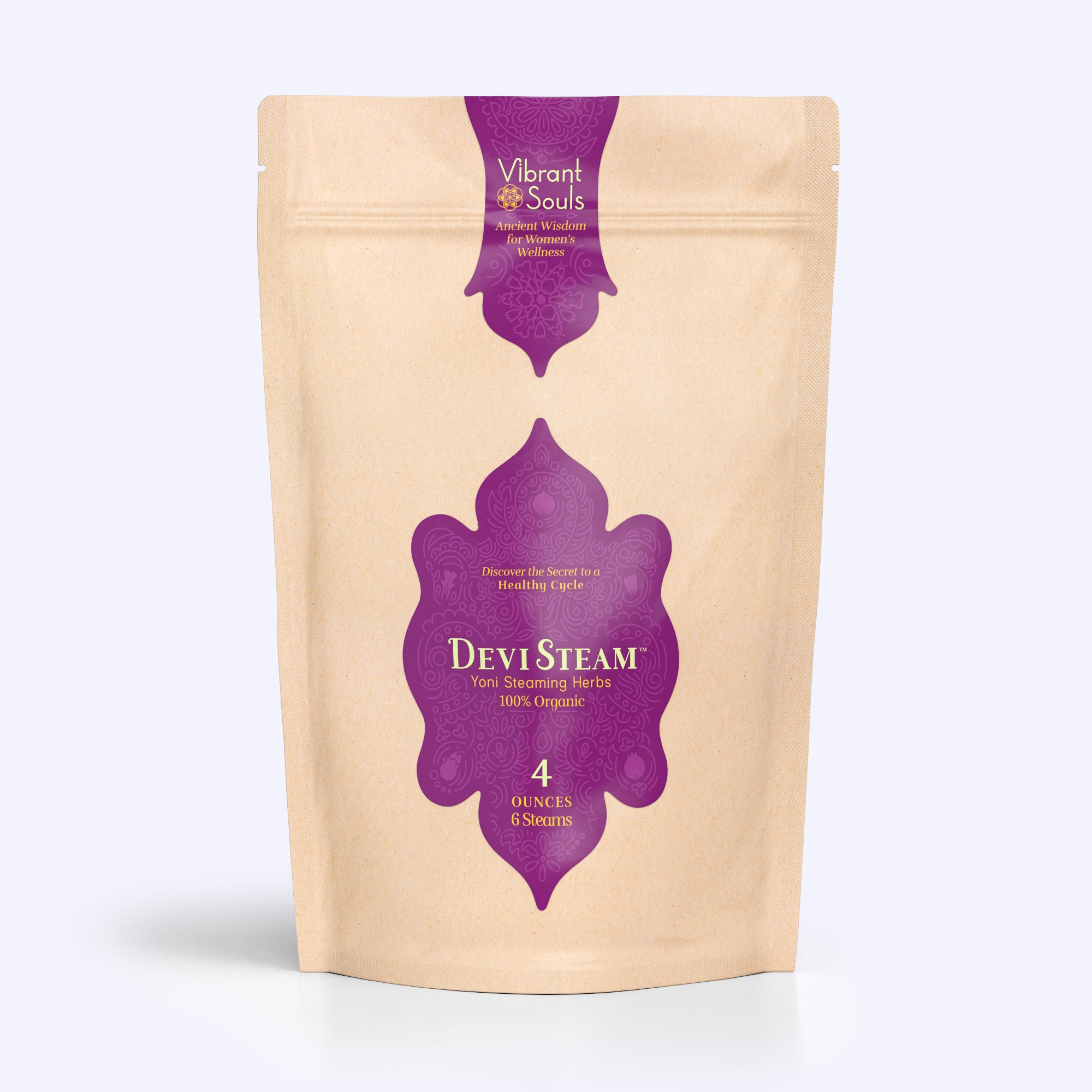
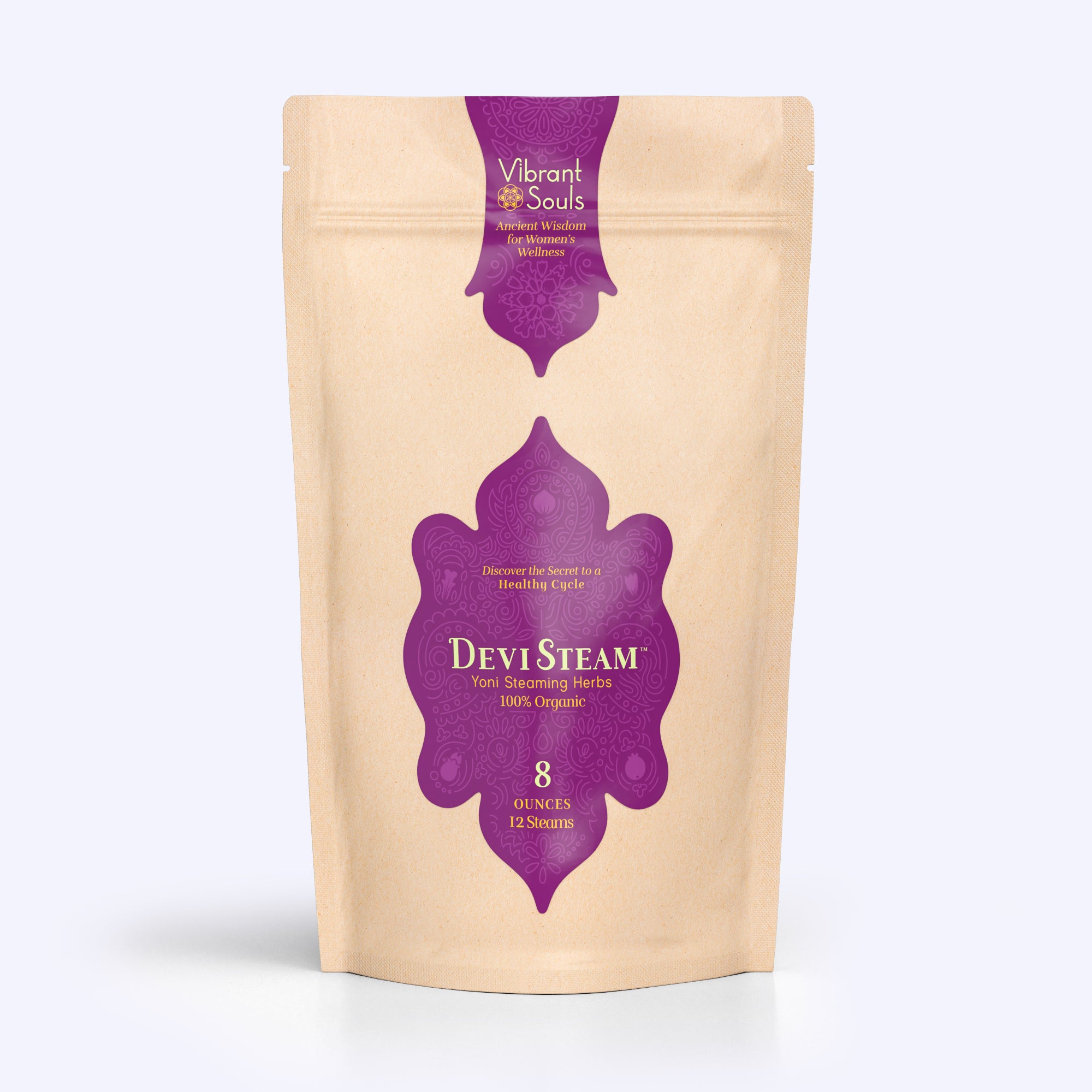
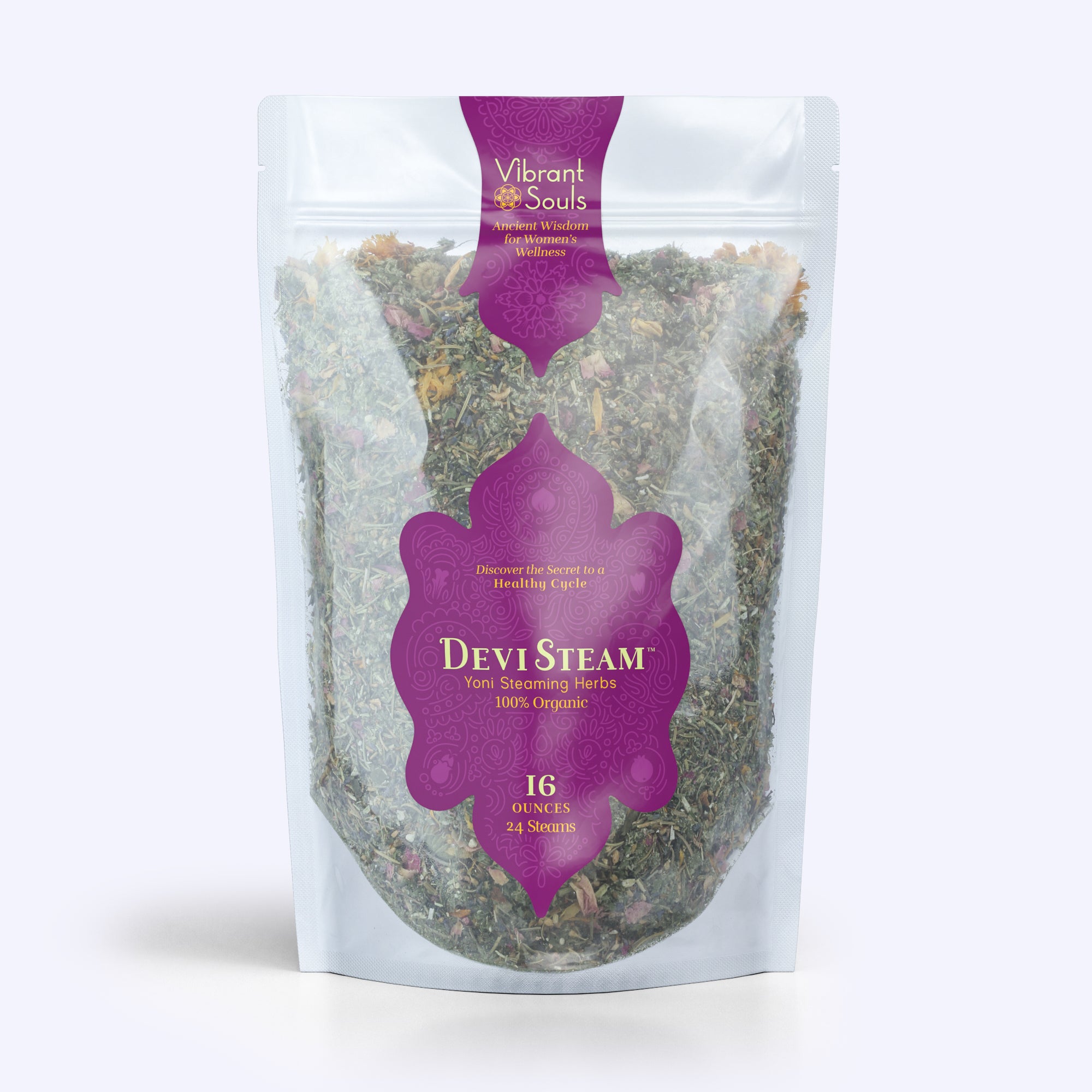
Leave a comment
This site is protected by hCaptcha and the hCaptcha Privacy Policy and Terms of Service apply.